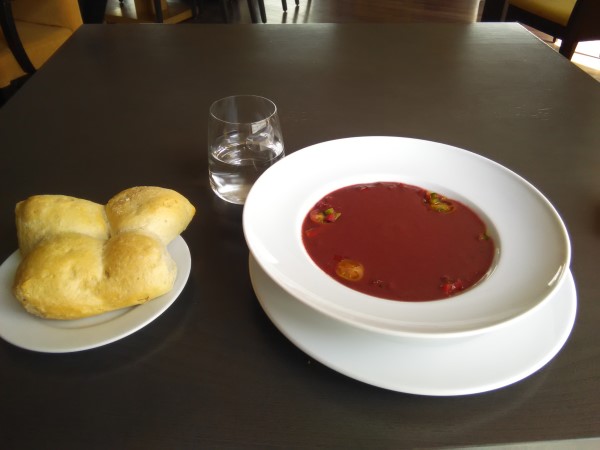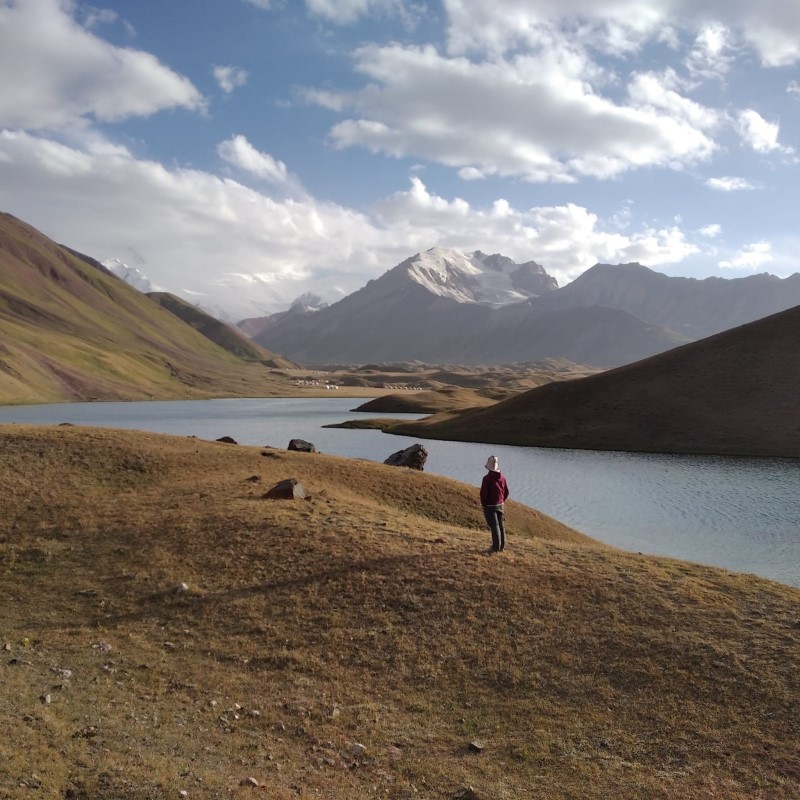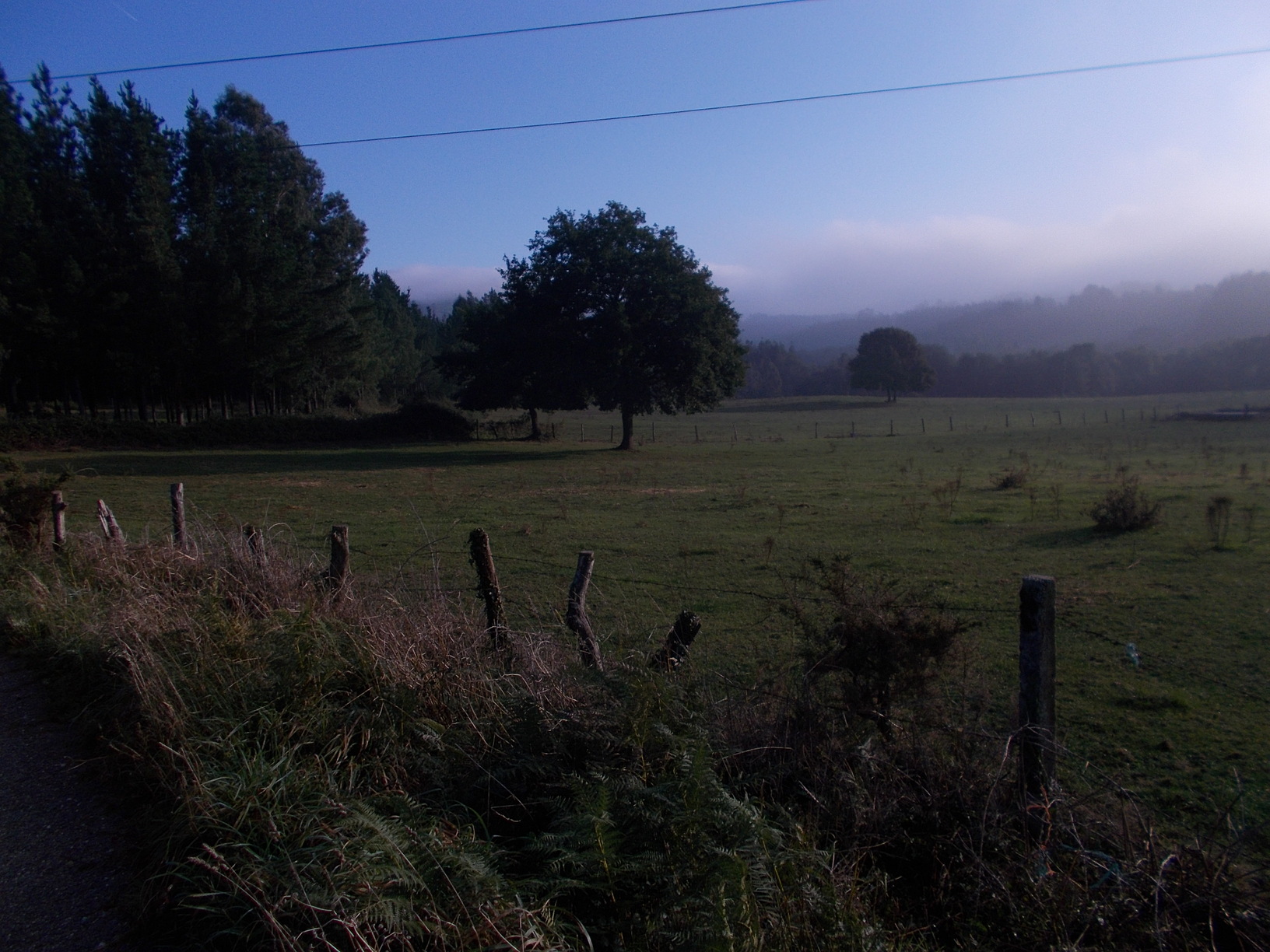Following any of the Caminos in Spain, you’ll come across a variety of pilgrim hostels (called “alebrgues” in Spanish). Some will be run by local municipality, other by Catholic church. Many places are run by individuals as well, or small businesses, communities (either religious or secular). It provides for an excellent mix, and no doubt every night on the Camino is an unforgettable experience–sometimes a good one, and sometimes a bad one. True pilgrim is grateful for little, however, and I hope you’ll stick to this on your pilgrimage. Back to the topic though.
Regardless of who runs the pilgrim hostel, you will either pay an exact sum for your accommodation (back in the day it used to be five euro in most places, but nowadays it can range anywhere from five euro to thirty euro per night), or you will pay as much as you want. The second option applies to pilgrim hostels called “Donativos”. And since many pilgrims do not understand this concept properly, I will try to explain it here, and also share a bit of my own experience with staying in Donativos, and perhaps also say a bit of running one :).
Table of Contents
Donativo doesn’t mean free
The most common misconception pilgrims have when it comes to these hostels is that they are completely free. The know that “donativo” means something like “a donation”, but they think that the donation is actually made to them-that they get the bed for free, and that’s what donativo means. This cannot be further from the truth though.
Donativo simply means that you decide how much you will contribute. It can be nothing, it can be five euro, twenty, or even a hundred. It of course depends on a lot of things. First one, your budget, and your life outside of the camino. If you’ve been saving for this trip for three years, and have an exact amount of money to spend on each day, you logically cannot afford to donate much.
On the contrary, if you’re financially well-off in your life outside of the camino, having an amazing job, running a successful business, etc, you can donate more. I’ve met a few millionaires on the Camino, so no doubt such people frequent these trails. And not all of them take taxis to five start hotels–though some certainly do :).
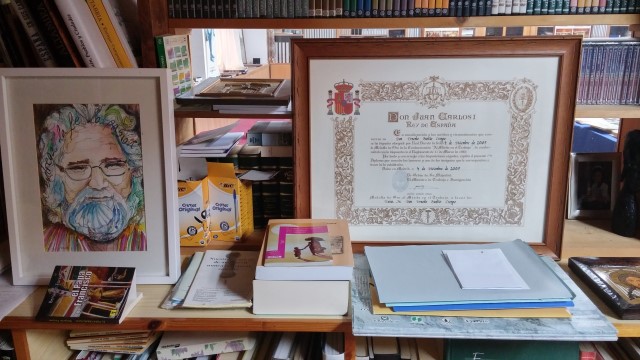
– Inside of Alebrgue de Peregrinos de Guemes, one of the most famous donativo albergues on all Caminos (Camino del Norte, 2015).
Quality of service also plays a role
I walked the Camino in different stages of my life. There were times when I was the pilgrim “on the budget”, and there were times when I didn’t have any budget–I could spend as much as I wanted. But it doesn’t mean that I didn’t give anything when I was on budget, or threw money left and right when I had plenty to spend.
For me, Camino de Santiago is about living a simple life, staying in hostels, sharing route & accommodation with fellow pilgrims, and experiencing both blessings and hardships on the way. No shortcuts or five star hotels really… Staying in donativo albergues (I stayed in them perhaps 30-40 times in total), I considered how much the place deserves, and how much it needs. Let me explain.
Shower, dinner, breakfast, staff, energies–everything costs money
A few pilgrim hostels are run by rich men, but vast majority of places are run by individuals who won’t survive unless they can cover their expenses from the donations. Most pilgrims never ran a hostel, and they do not have an idea how much such an operation cost. Their way of thinking is similar to this one (I’ve heard such a talk plenty of times from other pilgrims):
I got a simple bed and pasta for dinner and an apple. Pasta doesn’t cost anything, so maybe five euro donation is really what I should give. They even make some profit on me.
The truth is that albergues have many expenses an average pilgrim has no idea about, or at least doesn’t consider. Think energies for example. Water and electricity is super expensive in Spain. And you have heating in autumn and winter. Now maybe on your night there were fifteen people in the place. What you do not realize, however, is that two nights ago the place might have been empty. But they still have fixed costs for energies, someone still has to be there (paid or unpaid staff member), and so on.
And we do not even speak about things like renovation of the house–each albergue needs some renovation, mortgage costs (very few people can buy a house in Spain without taking a mortgage, and this often exceeds 1,000 euro monthly payments), or perhaps the beautiful flowers on the windows, and furniture in the communal room. All these things cost something, and they are not eternal. Things break, we need to replace them. But if the albergue gets “just enough” to survive, it can hardly take care of these repairs and innovations that are necessary to keep the place as good as it is…
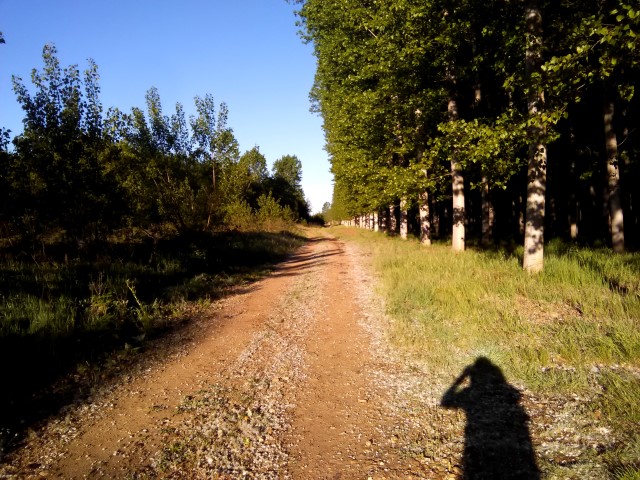
– Shadows of the past, shadows of the camino… Think about those who cannot afford to donate anything, when you decide about your own donation in the pilgrim hostel… (Via de la Plata)
How much money should you donate
In my opinion, as long as you get bed, shower, and some food (even a basic dinner), you should donate at least 10 euro. That’s the bare minimum for the place to cover the costs–especially if there is no powerful organization like Catholic church standing behind it.
If you can afford it, or really like the place, however, give twenty, thirty euro, or even more. Remember that your money will serve other pilgrims, especially those who stay in donativo places simply because they cannot afford anything else. Speaking about donativo places, most of their owners or operators aren’t on the Camino to make a fortune… They are there because they enjoy serving the pilgrims. What I try to say here is that the extra money will be used to make the place better, for other pilgrims and perhaps even for you–if you return to the place one day.
Be generous, if you can afford it. You never know what life has in store for you. Maybe one day you’ll be that pilgrim with 5 euro/day budget. And you’ll be grateful that some donativo places still exist on the way, and that other people were not greedy, left a nice donation, and the places still exist.
Sinners, criminals, beggars–they all frequented donativo albergues in the past
Knowing a bit of history won’t harm. Nowadays, most people do pilgrimage because they can. They do it to follow their spiritual goals, or to make a nice “hiking holiday” in Spain, to meet people from all around the world, to experience the “camino magic”, to find forgiveness, friendship, love, or new horizons.
Things were much different in the past. It wasn’t a common thing for an average Joe to go to Spain for a month or two, walking from Roncesvalles to Santiago de Compostela. Not at all. People who did the pilgrimage were often big sinners, former prisoners, or truly spiritual people. Most of these had no money, and lived from the generosity of the locals. Honestly speaking, in the past almost the entire Camino was donativo. Because otherwise these people just wouldn’t be able to do the pilgrimage…
A lot has changed since of course. Camino magic is still there, but Camino de Santiago attracts all sorts of people from all sorts of backgrounds. And now I do not talk only about pilgrims, but also about people on the other side–albergue and restaurant owners, guides, tour organizers, people with souvenir shops, and so on. But it changes nothing on the fact that some pilgrims still depend on the generosity of other people on the way. Maybe they aren’t prisoners and big sinners like in the past… Nowadays, they are young students (with no income), people from “third world countries” (though I do not like that expression), monks, and all sorts of people who simply do not have money. Making a generous donation in a donativo albergue, you make it possible for these pilgrims to also do the camino, and arrive to Santiago one day.
“Recommended donation” phenomenon
I come across these ever more often. An albergue is branded as “donativo”, but they have an exact sum you should donate–and they clearly remind it to you while you register, or even directly collect the money before stamping your pilgrim’s credential.
On one hand, I do not like this idea, since it goes against the concept of donativo albergues, and the main reason why they exist–to allow pilgrims who lack resources to follow the camino. On the other hand though, I understand the logic behind this behavior. Many owners of donativo places complained to me that people do not understand the concept, think their place is free, and unless they ask for an exact sum of money, they won’t get as much as they need to run the place. Hence they ask for eight or ten or fifteen euro or whatever. And while I still don’t like it–especially because it isn’t fair to pilgrim hostels that are run like registered businesses–and pay taxes, social securities, etc (which most dontivos do not pay), I have a certain understanding for this concept, and hopefully you also will, after reading my lines :)…
Final thoughts
Many pilgrims do not understand what “donativo” means, and the owners of pilgrim hostels do not make it easier for them either–not really explaining the concept clearly, either while registering them, or on some leaflet/picture pilgrims can read anytime later in the afternoon or evening. I hope this article will help to clear some confusion. Maybe you read it right now, sitting on your bed in one of the donativo albergues, wondering how much money you should give :). I am happy if that’s the case, because that’s why I wrote this post…. Be generous if you can afford it. Remember that your donation allows other pilgrims to stay in the place–those who come after you, and that with any extra money you help to make the particular pilgrim hostel better. Buen Camino!
Matej
May also interest you:



![Ultralight Packing List for Camino de Santiago [2025 Edition]](https://caminolovers.com/wp-content/uploads/2022/03/altra-shoes-640-x-480.jpg)
